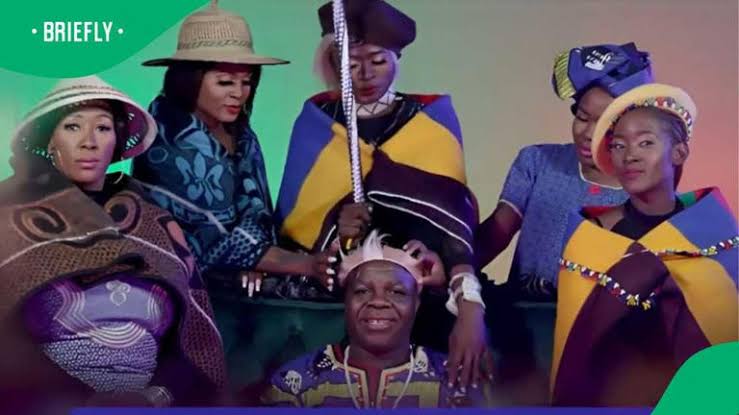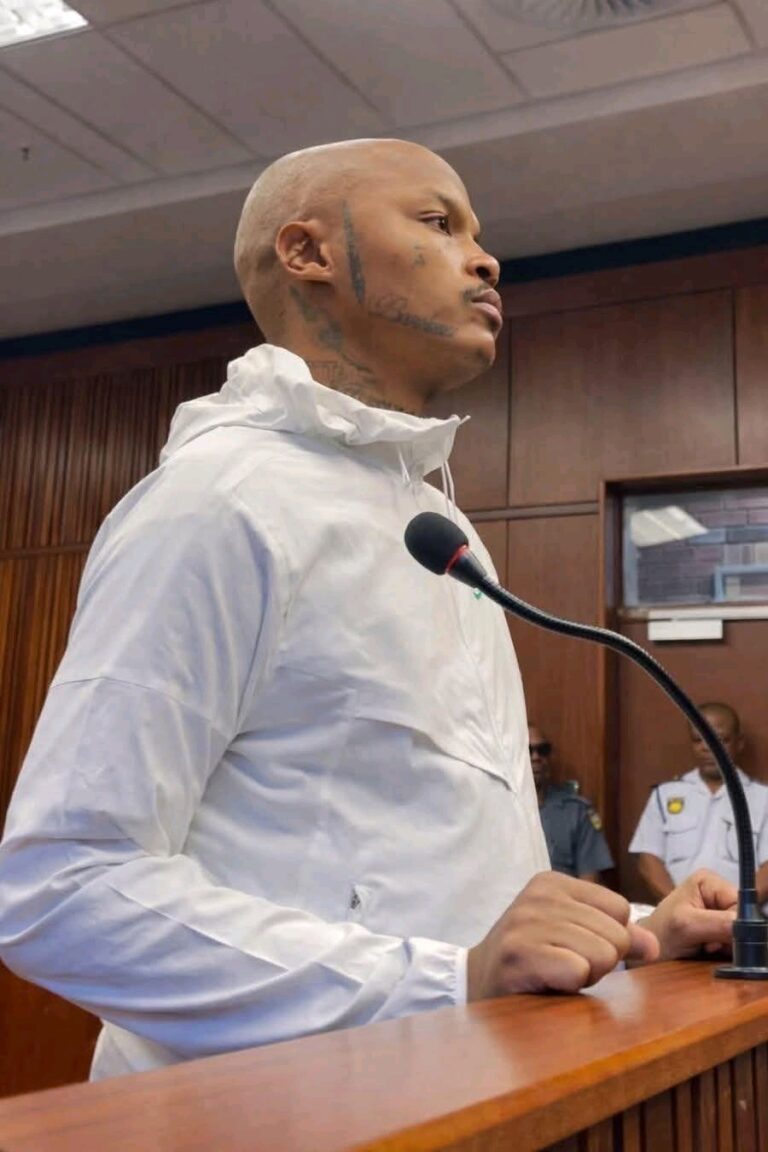
In an era where the boundaries between genuine cultural practices and commercialization blur, African spirituality faces unprecedented challenges. A recent exposé has highlighted alarming practices within the Umndeni Maseko family, including allegations of *ukuthwala*—a ritual often linked to supernatural wealth acquisition. These revelations have reignited debates about cultural authenticity, exploitation, and the impact of social media.
#### **The Decline of Authentic Traditional Practices**
Traditional healers, or *Sangomas*, have long been respected custodians of African spirituality, offering healing, wisdom, and a connection to the ancestors. Historically, these practitioners operated with humility and genuine spiritual callings. However, the rise of pseudo-healers has tarnished this sacred role, with critics accusing many of exploiting vulnerable individuals for personal or financial gain.
Pseudo-Sangomas are often seen as preying on people in desperate need of guidance. Unlike traditional practitioners, who prioritize community well-being, these individuals are accused of manipulating spirituality for fame and fortune, undermining the sacredness of their craft.
#### **The Role of Social Media in Modern Exploitation**
Social media platforms like TikTok, Instagram, and Facebook have amplified the reach of pseudo-traditional healers. These platforms, initially celebrated for promoting cultural knowledge, have become spaces where fraudulent practices thrive. Self-proclaimed spiritual leaders broadcast rituals and prophecies for likes, shares, and monetary contributions, often trivializing and commodifying sacred traditions.
One of the most contentious cases involves a prominent member of the Umndeni Maseko family accused of engaging in *ukuthwala* for wealth. This practice has drawn significant backlash, with many questioning the moral and spiritual values of individuals who prioritize material success over genuine enlightenment.
#### **Public Outcry and Disillusionment**
The revelations about fraudulent spiritual practices have sparked widespread outrage. Many South Africans, especially those who hold ancestral spirituality close to their hearts, have expressed frustration. Some are turning away from traditional beliefs altogether, finding solace in organized religions such as Christianity and Islam.
This shift reflects a broader trend, with disillusioned individuals seeking structured guidance amid growing distrust of modern-day spiritual leaders. “If spirituality becomes just another business, how can we maintain our connection to our roots?” asked a concerned community member.https://youtu.be/0P8CexGX-8M?si=WMp99tg0lsBy8896
#### **Restoring Faith in Tradition: A Call to Action**
To combat this crisis, cultural advocates propose several solutions:
1. **Education and Awareness**: Empowering communities with knowledge about authentic Sangoma practices can help distinguish true healers from opportunists.
2. **Community Accountability**: Strengthening oversight mechanisms and peer reviews within traditional healing circles can improve transparency.
3. **Cultural Preservation**: Safeguarding sacred rituals from commercialization is essential to maintain their integrity and spiritual significance.
#### **The Way Forward: Reclaiming Authenticity**
The rise of pseudo-healers like those allegedly involved in the Umndeni Maseko case highlights the urgent need to protect African spirituality. Genuine traditional healers must reclaim their roles as community servants, distancing themselves from the noise of social media-driven opportunism.
Communities must collectively safeguard their cultural heritage, ensuring that spiritual practices remain true to their roots. As one commentator aptly noted, “This is not just about exposing fraud—it’s about protecting the soul of our traditions.”
#### **Conclusion**
The ongoing controversy surrounding pseudo-healers and *ukuthwala* serves as a wake-up call for society to critically examine the preservation of sacred practices. By fostering education, community oversight, and cultural pride, there is hope to restore the dignity of African spirituality.
In a rapidly modernizing world, safeguarding tradition requires collective effort. Ensuring the authenticity of these sacred practices is not just a cultural responsibility but a legacy for future generations to cherish.







